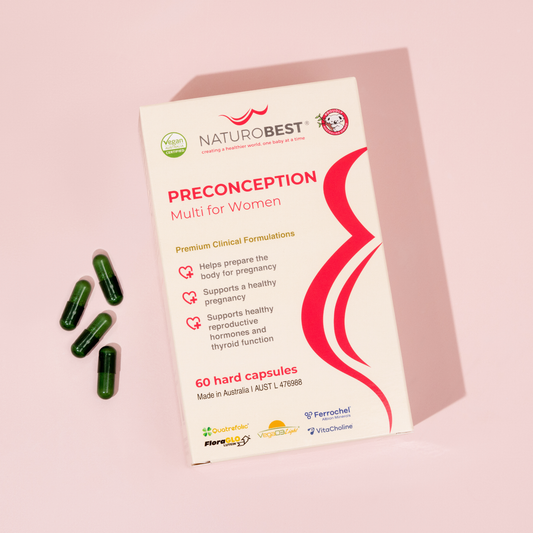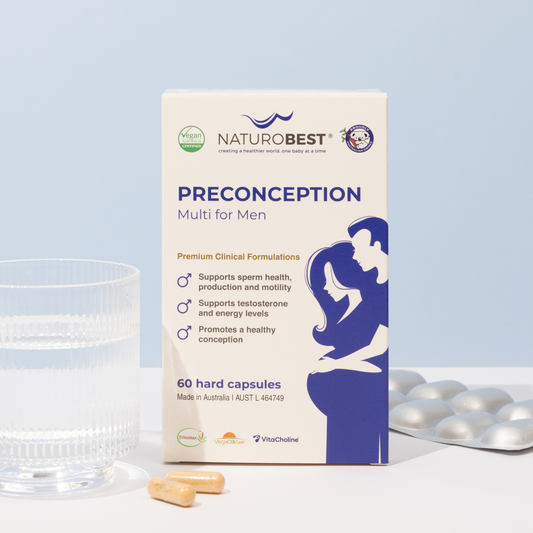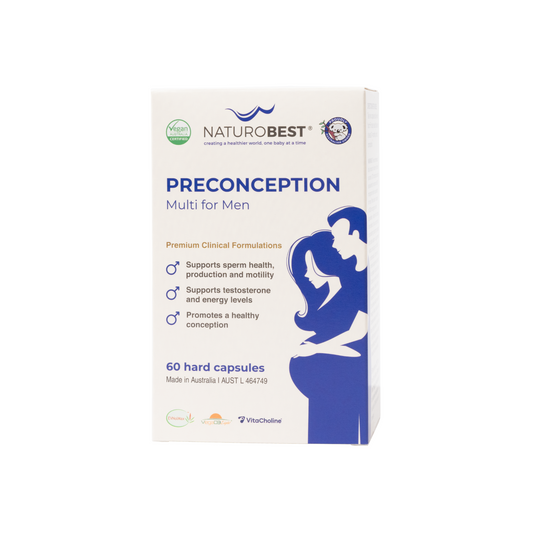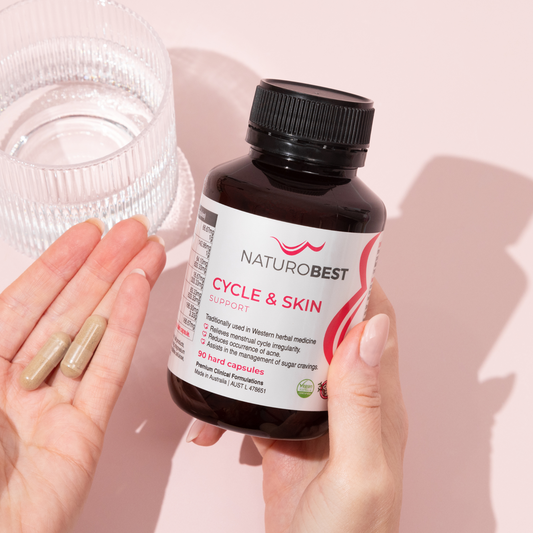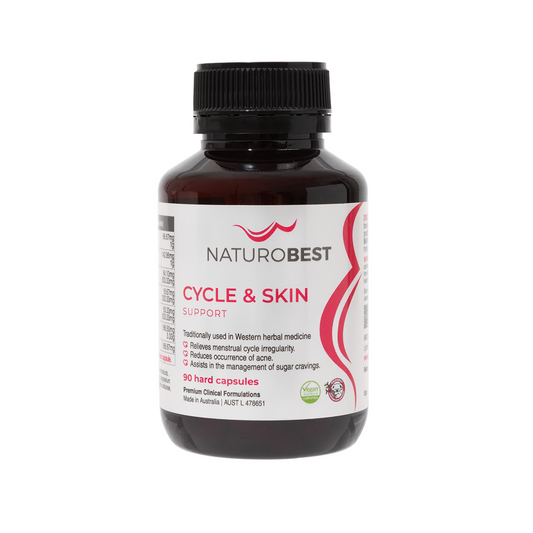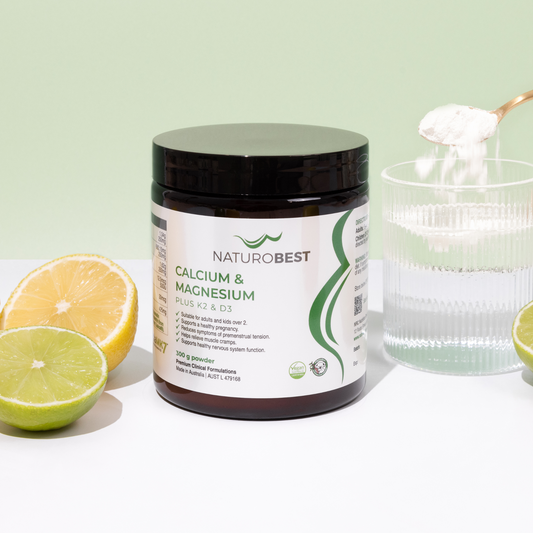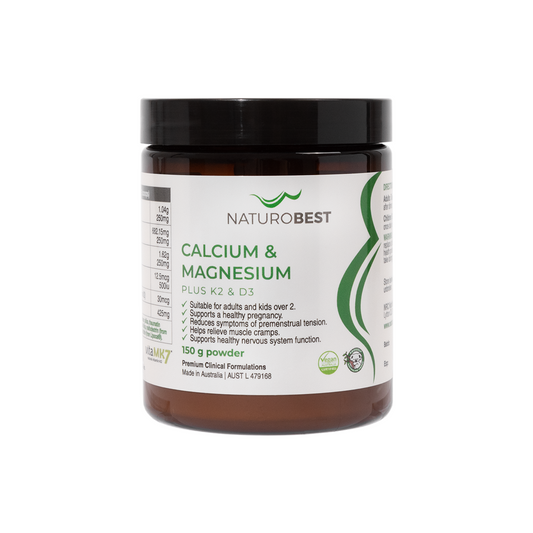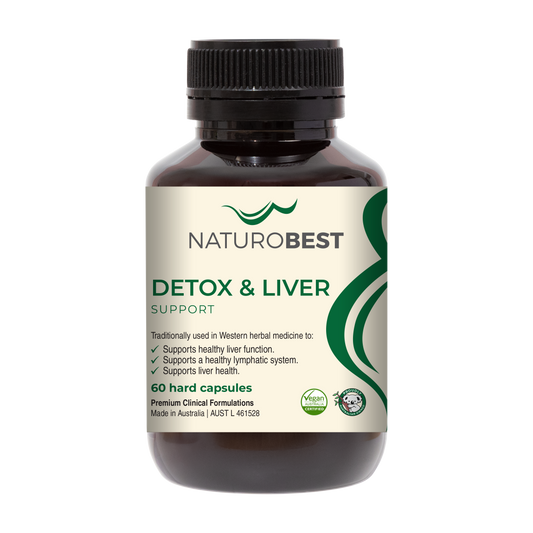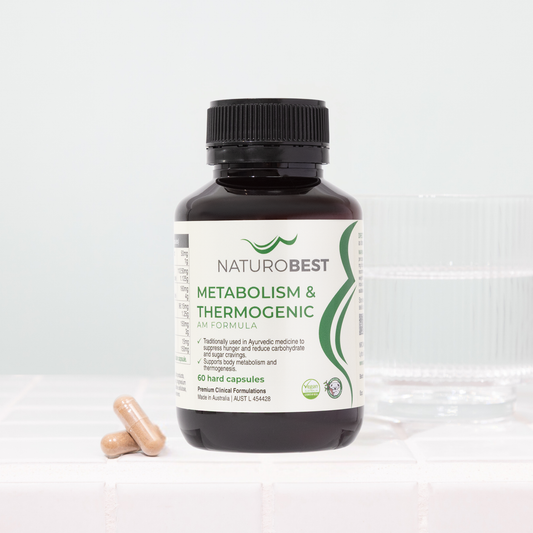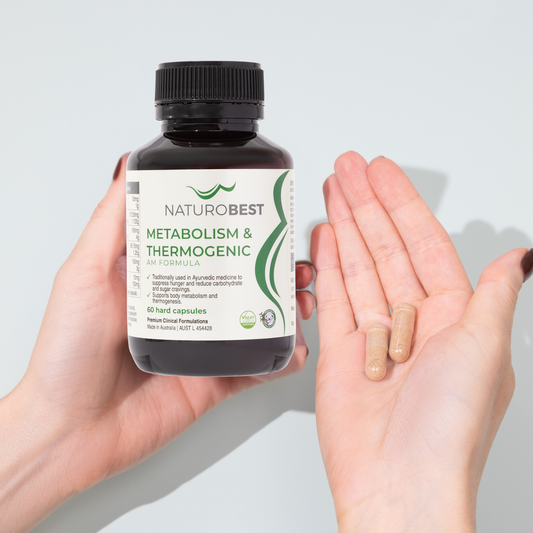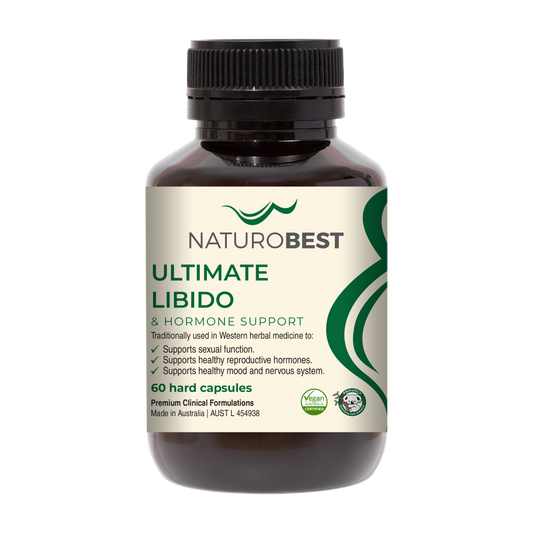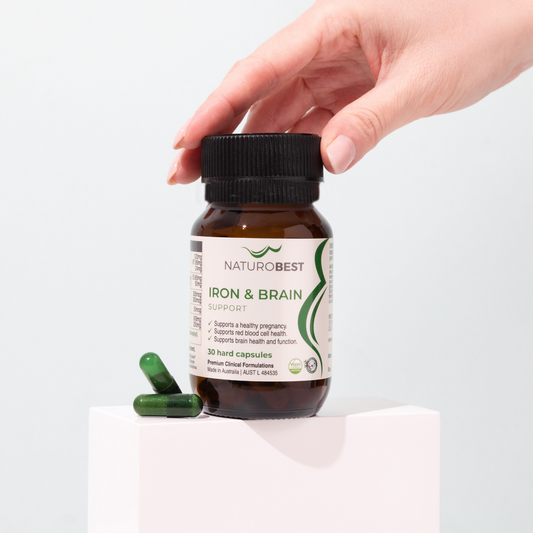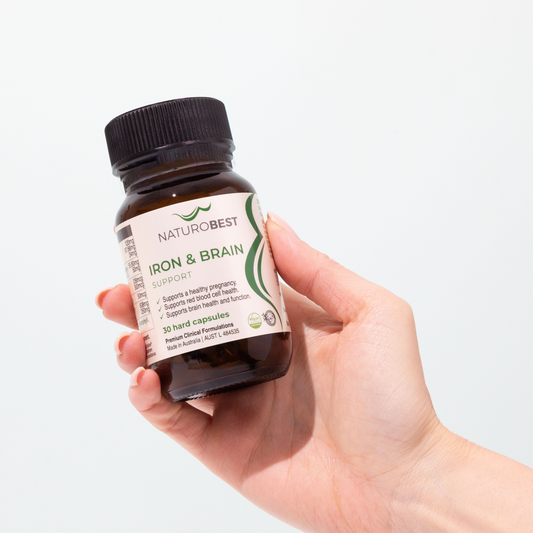Prime Your Body with Advanced Preconception Vitamins
Embark on your journey to parenthood with our specialised preconception vitamins. Each product is scientifically developed to support your body’s preparation for pregnancy. Elevate your wellness regime with our targeted, evidence-based vitamins, created for those planning for a healthy and successful pregnancy.
- Featured
- Best selling
- Alphabetically, A-Z
- Alphabetically, Z-A
- Price, low to high
- Price, high to low
- Date, old to new
- Date, new to old
Many people often think that the best preconception vitamins, all fall within the prenatal category, however prenatal means prior to birth, i.e. during pregnancy. The supplements you take prior to conception are preconception vitamins.
Along the road to pregnancy, the preconception phase is an important time for both men and women to prepare their bodies to give them the best shot at a successful and healthy conception. Taking the best preconception vitamins at this stage can establish a great foundation for a healthy pregnancy.
Pregnancy can be a beautiful but draining experience, and the last thing you want for yourself or your baby is to develop a vitamin and mineral deficiency at any point.
Researching the best multivitamins when trying to conceive is a great way to keep you and your baby as healthy as you can.
Starting early with preconception vitamins and nutritional supplements for 3-4 months prior to conception gives you the best chance of a healthy conception and baby. Maintaining your health at optimal levels ensures your baby can thrive as it begins to grow.
Which are the best preconception vitamins?
Preconception, meaning the 3-4 months before you conceive and an embryo begins to form, is a vital part of the journey towards pregnancy. This is the time to prepare, both mentally and physically, for the exciting experience ahead. To give yourself the best chance of a healthy pregnancy and baby, you should ensure that your body has the right levels of vitamins and minerals by topping up your diet with the best pre-pregnancy vitamins.
Studies have shown that if a couple makes a series of diet and lifestyle changes and detoxes from the result of years of unhealthy habits, in the months prior to conceiving, they are more likely to enjoy a pregnancy less likely to experience medical issues and welcome a healthy baby into the world.
Every couple planning for the arrival of their child wants nothing but the best for their new baby. However, making your best effort to help them doesn’t have to wait until the first trimester. By investing in a preconception care plan, including sustaining a healthy diet and boosting your body’s nutrients, you’re giving yourselves and your child the best chance of a smooth pregnancy and healthy life.
Choose NaturoBest for the best pre-pregnancy vitamins in Australia
There are key vitamins and minerals in your body which play an active role in helping you prepare for a healthy conception and pregnancy. The best supplements to take when trying to conceive, boost nutrient stores and reduces health risks during the early stages of pregnancy.
Boosting these nutrients to optimum levels as part of your preconception plan will prepare your body and help your baby to develop properly. Prepare for a stress-free and natural pregnancy with our preconception vitamins or pre-pregnancy vitamins as some people call them – it’s as simple as taking two capsules every day.
Preconception vitamins are not just for women, as men’s preconception vitamins contain key nutrients which are highly beneficial for healthy sperm, sperm motility, and testosterone levels, all of which aid in the conception process and can impact the way the pregnancy progresses. It is important for both parties involved in conceiving a child to be in the best possible physical health, to create a healthy baby in turn.
Any couple who is serious about having a child will most likely have already made a series of lifestyle changes to support their decision, from cutting out alcohol, fast food, and smoking to exercising more with the guidance of their health practitioner. Adding a preconception multivitamin supplement to the list is one of the easiest changes you can make, so don’t hesitate to introduce preconception vitamins to your pre-pregnancy planning.
Choose NaturoBest for premium preconception vitamins
Nikki Warren, the founder of NaturoBest, is a highly skilled fertility naturopath who has spent years developing a range of premium vegan-friendly supplements to support the preconception, prenatal and breastfeeding phases. At NaturoBest, we are extremely proud to have helped numerous families through their parenting journey from preconception, pregnancy and beyond.
Our range of preconception vitamins, are designed to help you with the sometimes-stressful transition to parenthood. The best preconception vitamins will ensure a successful conception and peaceful pregnancy, so you can get on with the fun decisions like which colour you should paint the baby’s nursery and which stroller to choose.
Give your future child the start in life they deserve and order your pre-pregnancy vitamins online today, or visit one of our retailers to take your first step on the path to pregnancy with confidence. Browse our selection of preconception products and resources below to find everything you’ll need to conceive a healthy baby.
At NaturoBest, our online store delivers some of the best preconception vitamins in Australia. Please check our FAQs, and contact us with any further enquiries by filling out our online contact form. The NaturoBest team will be happy to get back to you with more information about our best preconception/pre-pregnancy vitamins.

